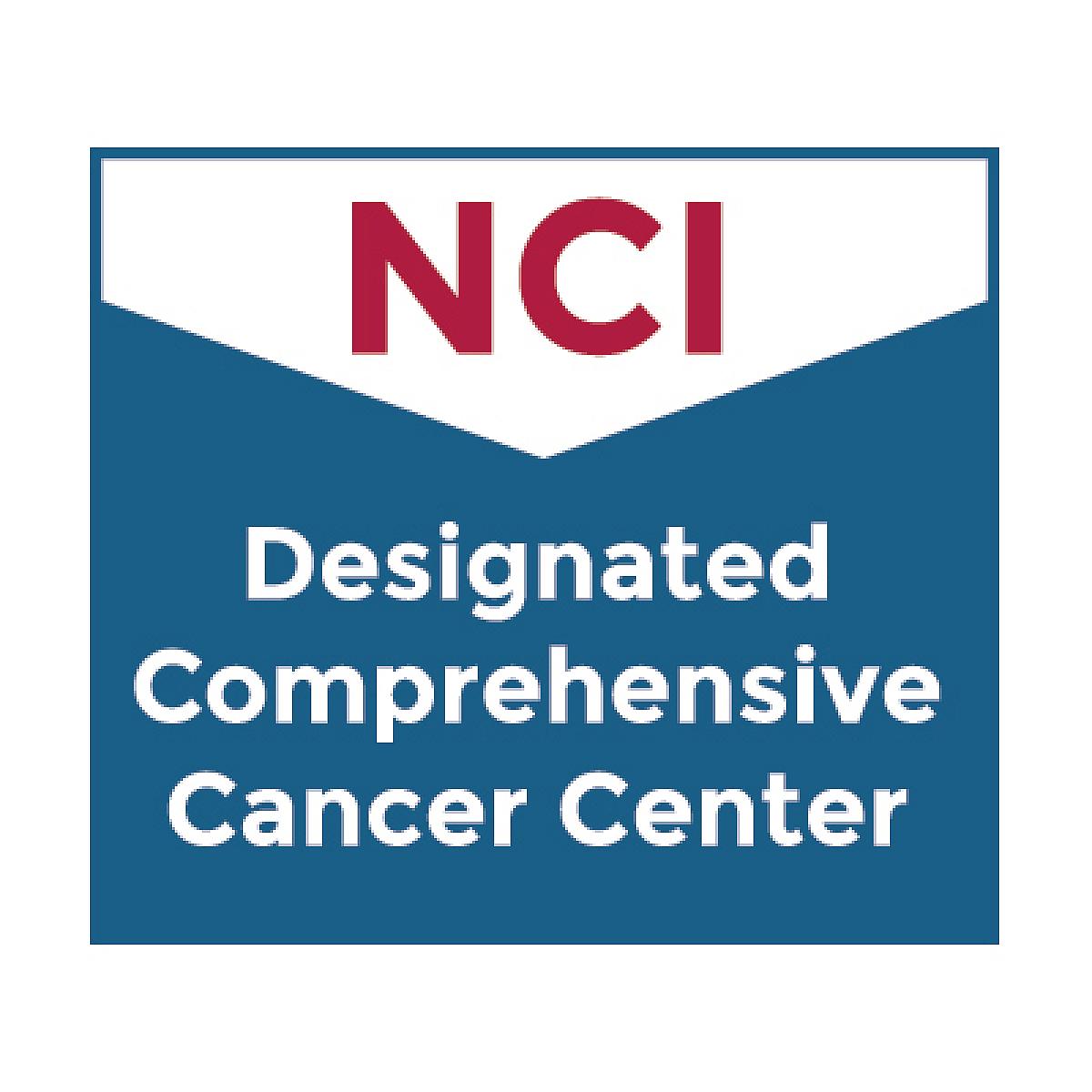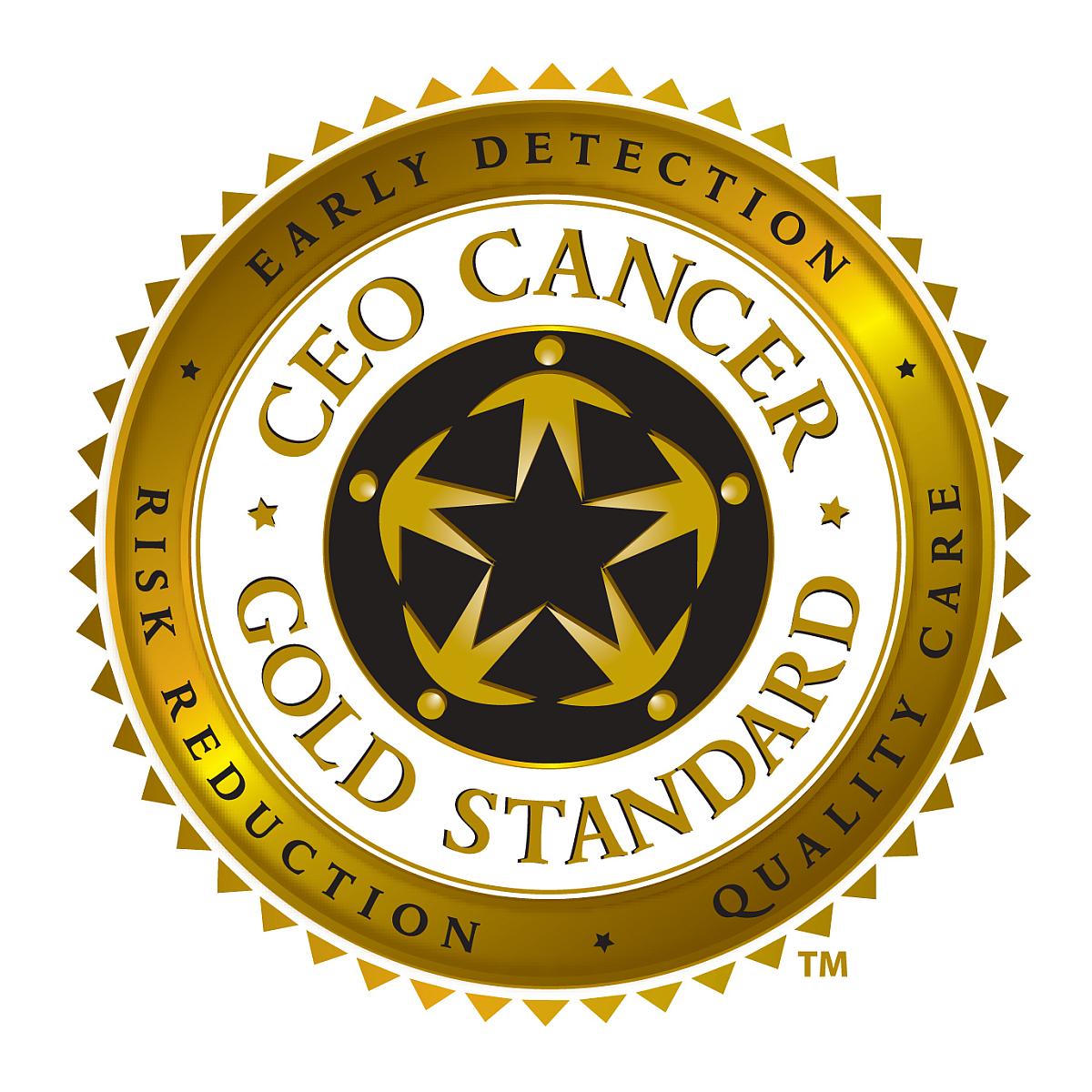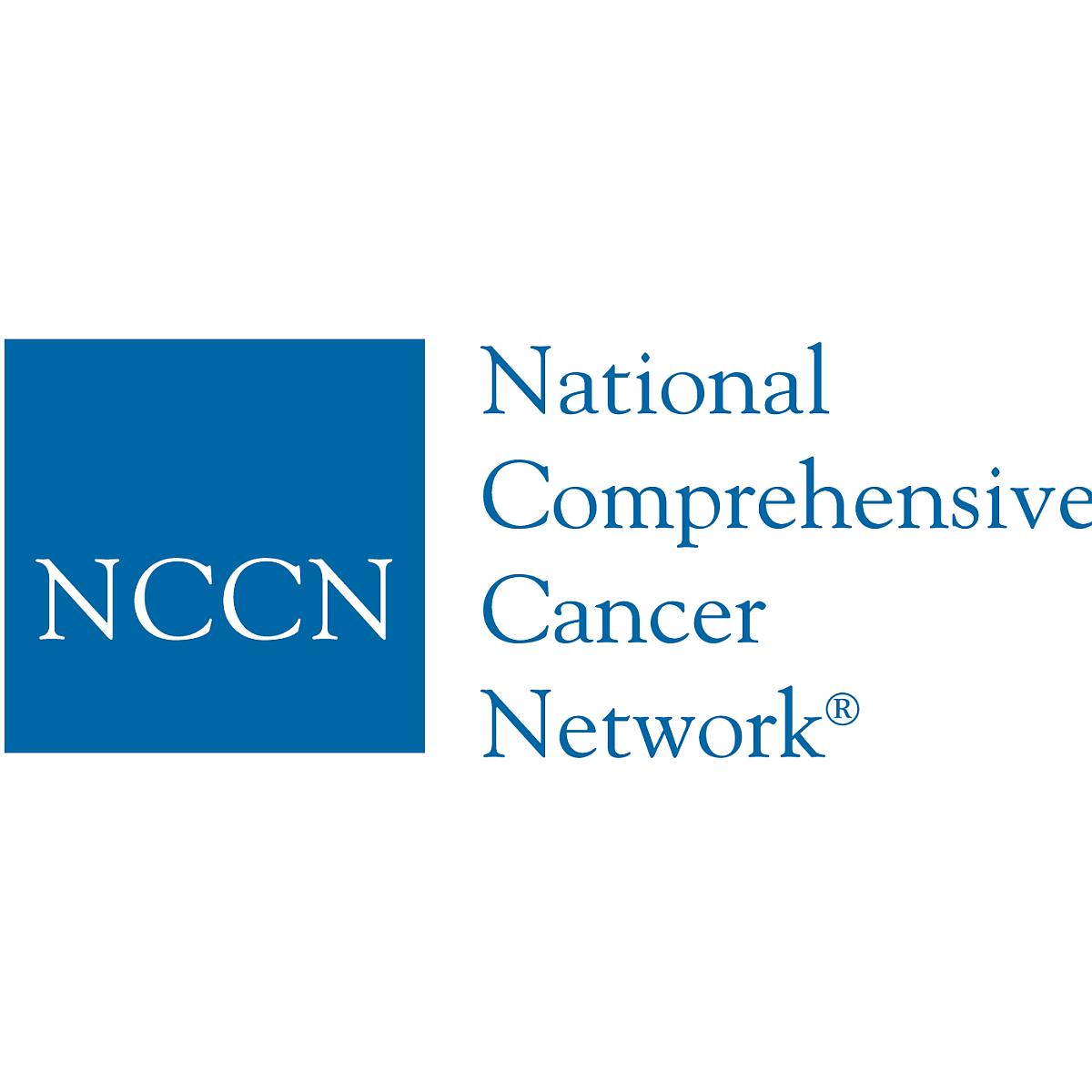
Why Choose Huntsman Cancer Institute for Your Care
At its core, Huntsman Cancer Institute aims to reduce human suffering. Our doctors and researchers work together to understand cancer and find breakthroughs to improve lives. Our comprehensive support for patients and their families ensures no one faces cancer alone.
Huntsman Cancer Institute at the University of Utah is the designated National Cancer Institute Comprehensive Cancer Center for Utah, Idaho, Montana, Nevada, and Wyoming. We proudly serve those with all types of cancer throughout the Mountain West.
Huntsman Cancer Institute aims for a future free from cancer. To realize, this, we prioritize and assess community health, patient access, and improved outcomes, reducing barriers to care for all.
Improving Lives Today and Providing Hope for Tomorrow
Beginnings and Global Impact
Our story started with a vision—a world where cancer is not only treatable but preventable. Founded in 1995 by Jon M. Huntsman Sr. and his beloved wife Karen, Huntsman Cancer Institute embarked on a journey to redefine cancer care. Driven by that same spirit of hope and healing, we are now a global leader in finding new and innovative ways to prevent, detect, diagnose, treat, and survive cancer.

Clinical Advancements
We are leading the way in cancer care. Our commitment to patients pushes us to explore new frontiers in cancer treatments and therapies.
- Our hospital and clinics have state-of-the-art technology, enabling us to offer the best in cancer prevention, detection, diagnosis, and treatment.
- Treatments are tailored to each person, offering highly targeted therapies and fewer side effects.
- We are leaders in immunotherapy, harnessing the power of the immune system to treat cancer.
- Our minimally invasive surgeries provide faster recovery times and reduced complications.
- We develop and use targeted therapies that stop cancer growth and protect healthy tissue.

Innovative Research and Clinical Trials
Our labs are vibrant hubs of discovery. Our scientists study the biology of cancer, explore the promise of immunotherapy, and find new ways to treat people using personalized medicine. From bench to bedside, we are innovating cancer treatments and saving lives. We have made significant discoveries about genes linked to cancer risk, finding more inherited cancer genes than any other cancer center. Our experts train the next generation of cancer researchers to make a difference in cancer care.
Clinical trials are at the forefront of our patient care. We offer access to cutting-edge therapies and effective treatments, empowering our patients with new possibilities and providing hope. Clinical trials shape the future of cancer care and reflect our unwavering dedication to providing the best possible outcomes for our patients.

Expert Providers, Person-Centered Care
Our dedicated and world-renowned doctors are at the forefront of patient-centered care. We are more than just experts in our specialties—we are experts in your type of cancer. We are collaborators, transformers, and innovators. We believe in treating the whole person, not just their cancer. Each day, our medical, surgical, and radiation oncologists work together across disciplines to create and coordinate treatment plans for every patient. We understand that cancer is a complex disease. That is why we use a team approach to ensure the best outcomes.

Collaborative Excellence
As part of University of Utah Health, we expand our impact and tap into the resources and expertise of one of the nation's top academic medical centers. We maintain strong partnerships with affiliate hospitals in Colorado, Idaho, Montana, Nevada, and Wyoming. This collaboration enables us to provide critical cancer care throughout the Mountain West and beyond, reaching people where they live.

Empowered Communities
Our commitment to ending cancer extends into the vast area we serve. Through our community outreach and engagement, we work to raise awareness about cancer risk factors, promote early detection, and provide resources for prevention and education. By empowering individuals with knowledge and resources, we are creating a future where cancer is not just treatable, but preventable. Together, we are building stronger, healthier communities.

Fundraising and Philanthropy
The generosity of individuals and organizations empowers us to drive forward in our quest to deliver a future free from cancer. Every dollar fuels our research, supports our patient care, and brings us closer to the day when all forms of cancer are preventable and treatable. With the support of people like you, we are making strides in our mission, offering hope and healing to countless individuals and families.

Improved Access
We put the patient and community first as we strive to reduce the cancer burden in our state and region for everyone, everywhere. We achieve this by continuously improving cancer care standards, enhancing access to cancer prevention and screening programs, and training the next generation of the cancer workforce.

Our Priorities
Mission
Huntsman Cancer Institute’s mission is to understand cancer from its beginnings, to use that knowledge in the creation and improvement of cancer treatments, to relieve the suffering of cancer patients, and to provide education about cancer risk, prevention, and care.
Vision
Passionate individuals and teams
delivering a cancer-free frontier
through scientific discovery and human touch
Principles
- Patient and community first
- United effort
- Excellence in all we do






